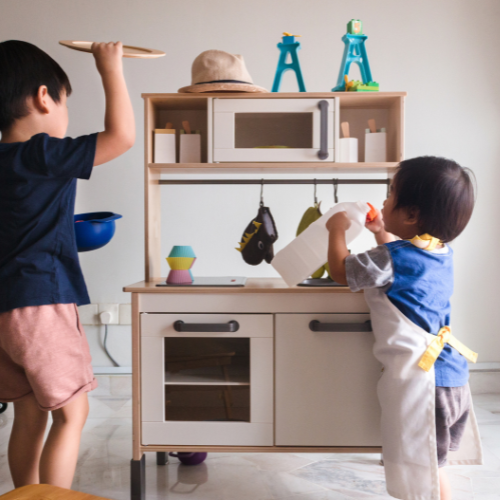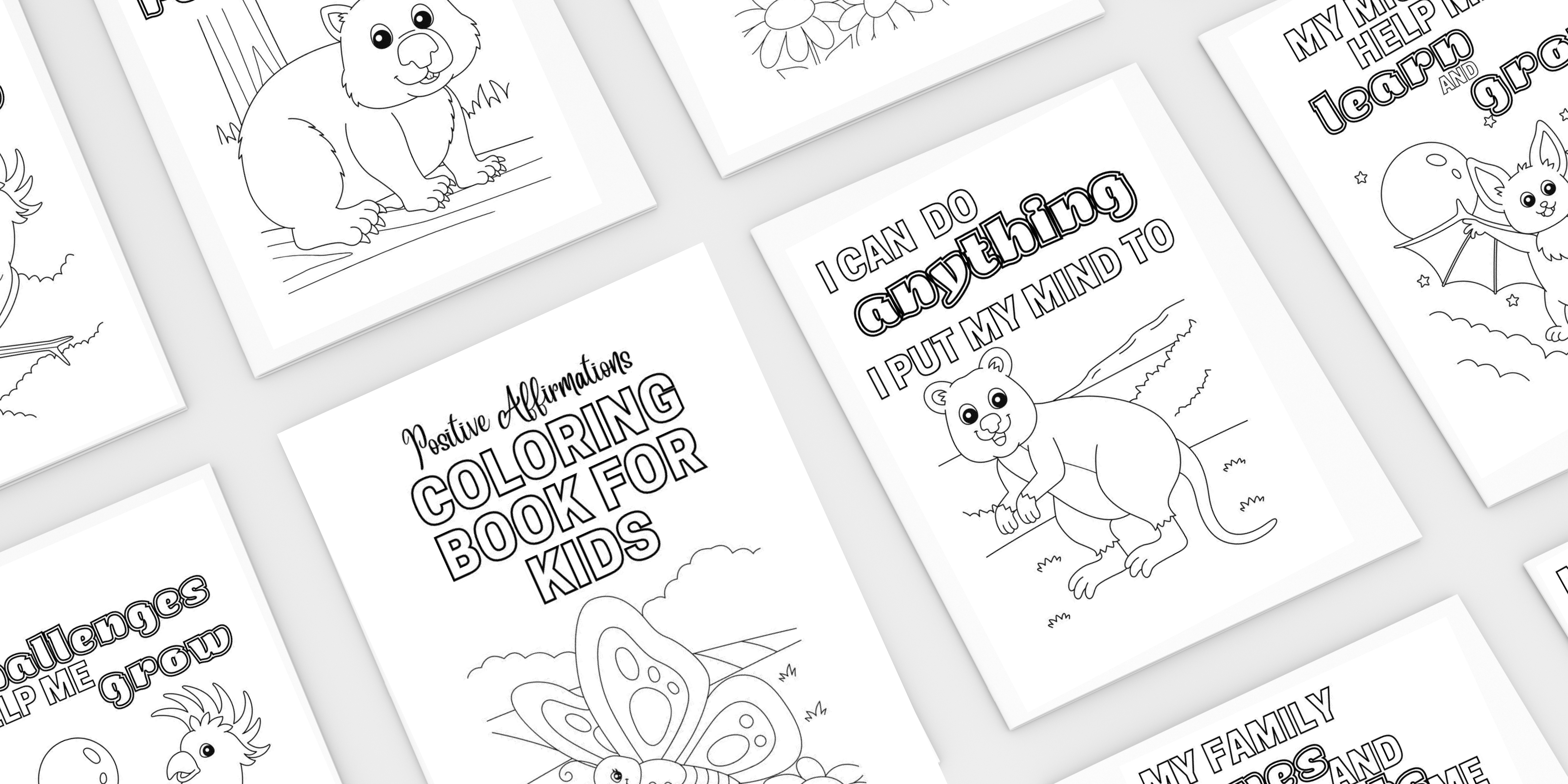As a mother of three young children, I am well aware of the vital role that socialization plays in their development.
Toddlers are in a critical stage of their lives where they are rapidly growing and learning about the world around them.
While they may seem small, their brains are like sponges, absorbing every experience and interaction they encounter.
Socialization is not just about playtime, but it encompasses a wide range of activities that help toddlers develop essential skills and qualities that will shape their future.
In this blog post, we will explore the importance of socialization for toddlers and why it is crucial for their overall well-being.
From the basics of social skills to emotional intelligence and cognitive development, we will delve into how socialization impacts various aspects of a toddler’s life.
We will also discuss the different ways in which parents and caregivers can provide opportunities for socialization, both at home and in the community, to help toddlers thrive in their early years.
Let’s dive in and explore this crucial topic together! So, buckle up and get ready to unlock the secrets of why socialization is essential for your little one’s journey of growth and learning.
After all, the early years are the foundation for a lifetime of healthy social relationships and interactions. Let’s make them count!

What is socialization for toddlers?
Okay, so what’s the deal with socialization for toddlers?
Basically, it’s how they learn to play nice with others and follow social rules (like not throwing their beautiful eco friendly toys at people – ouch!).
As parents, we’re a big part of teaching them how to interact with others, but they also learn from other kids and grown-ups they meet.
It’s pretty cool to watch them learn and figure things out as they play and chat with others!
Socializing for toddlers means hanging out with other kids, talking to people, and copying what they see others doing.
It takes time for them to get the hang of it, but the more chances they have to practice, the better they’ll get.

Why do toddlers need social interaction?
So, why is social interaction so important for our little toddlers? Let’s break it down into a few key reasons:
Firstly, socialization plays a huge role in language acquisition. When toddlers interact with others, they’re exposed to new words and phrases that they might not hear otherwise.
Plus, they learn how to communicate and express themselves more effectively.
Secondly, socialization is important for emotional regulation. When our toddlers are around other people, they learn how to manage their emotions and respond appropriately to different situations.
This is a critical skill that they’ll use throughout their lives.
Finally, socialization helps toddlers develop social skills, like sharing, taking turns, and showing empathy towards others. These are all crucial skills that will help them build strong relationships throughout their lives.
Overall, socialization is a key part of our toddlers’ growth and development. By providing them with opportunities to interact with others, we’re setting them up for success both now and in the future.

How much socialization do toddlers need?
So, how much socialization should we be aiming for with our little ones?? While there’s no hard and fast rule, there are some general guidelines that can be helpful.
Most experts agree that toddlers should have regular opportunities to socialize with others, whether it’s with other kids or adults.
A good rule of thumb is to aim for a few hours of social interaction each week, but this can vary depending on your child’s needs and personality.
It’s also important to consider the types of socialization that your child is getting.
While peer interaction is important for developing social skills and making friends, it’s also beneficial for toddlers to have positive interactions with adults. This can help them feel secure and build important attachments.
So, whether it’s playdates with other kids or trips to the park to interact with adults, the key is to provide your little one with plenty of opportunities to socialize and practice their skills. By doing so, we’re helping them develop the social and emotional intelligence they need to succeed in life.

Tips for encouraging positive socialization
As parents, we play a big role in helping our little ones develop strong social skills. Here are some tips to help encourage positive socialization:
- Schedule playdates: Set up playdates with other toddlers or families to give your child opportunities to interact with others in a fun and relaxed environment.
- Encourage sharing: Help your toddler understand the importance of sharing by modeling this behavior and providing plenty of opportunities to practice. It’s also important to praise and reinforce good sharing behavior when you see it.
- Teach turn-taking: Practice taking turns with your child during playtime and games. This will help them understand that everyone gets a chance to participate and that waiting patiently is important.
- Model positive social behavior: Show your toddler how to interact positively with others by being kind, friendly, and respectful yourself. This will help them learn what appropriate social behavior looks like.
- Provide positive reinforcement: Praise your child for positive social interactions, like making a new friend or sharing a toy. This will help build their confidence and encourage them to continue to engage with others in a positive way.
Remember, socialization is a process and it takes time for our little ones to develop these skills. By providing plenty of opportunities for socialization and modeling positive behavior ourselves, we can help our toddlers develop the skills they need to navigate social situations with confidence and ease.

Getting Your Toddler Socialized
In conclusion, socialization is a critical component of our toddlers’ development.
Through social interactions, they’re able to develop important skills like language acquisition, emotional regulation, and social skills that will help them throughout their lives.
As parents, we can facilitate positive socialization by scheduling playdates, teaching turn-taking and sharing, modeling positive social behavior, and providing positive reinforcement.
So, let’s prioritize socialization in our little ones’ lives and give them plenty of opportunities to interact with others in a positive and meaningful way. By doing so, we’re setting them up for success both now and in the future.







Leave a Reply